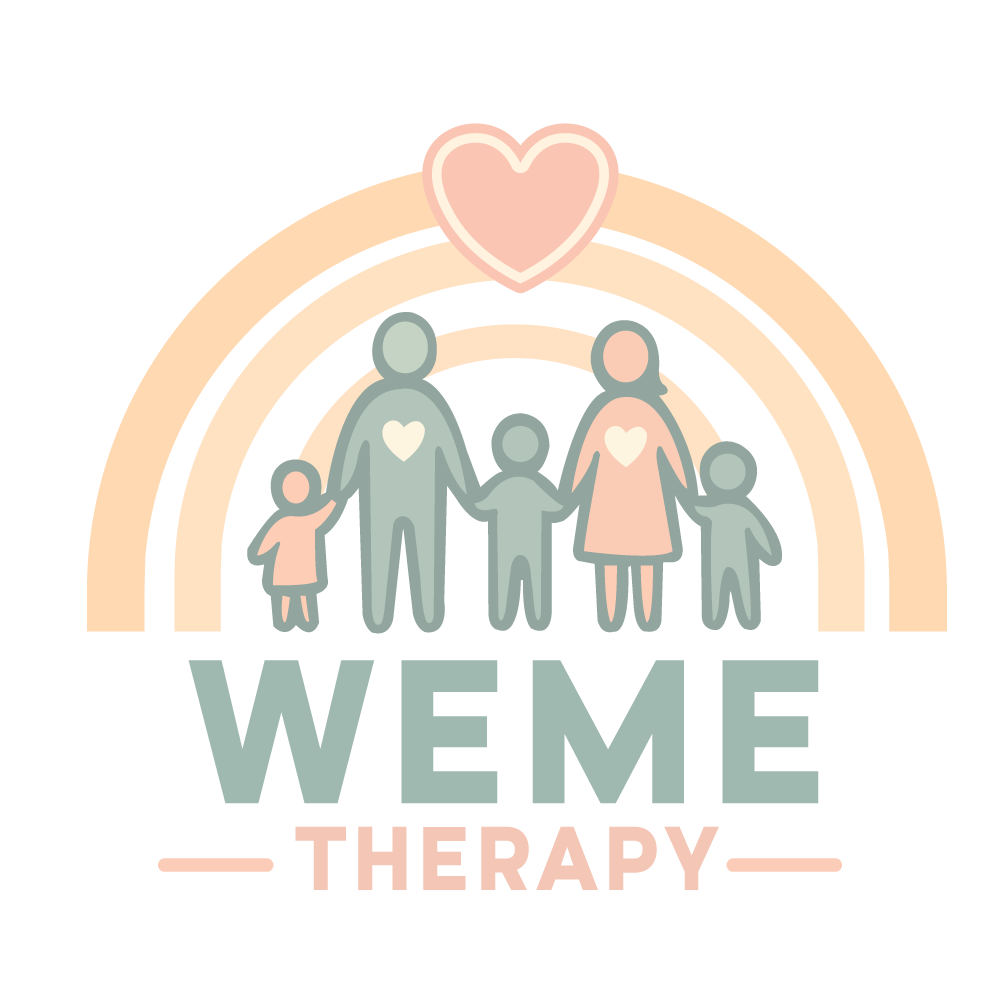In the realm of child development, few forces are as potent as a parent’s unwavering acceptance. When parents embrace their children wholly, acknowledging their current developmental stage without judgment or the urge to “fix,”—they lay the foundation for profound growth and healing
Understanding Parental Acceptance
Parental acceptance involves recognizing and valuing your child’s unique qualities, emotions, and developmental pace. It’s about seeing the child, not through the lens of societal expectations or diagnostic labels, but as a whole person deserving of love and respect.
This approach aligns with the principles of Interpersonal Acceptance-Rejection Theory (IPAR Theory), which posits that perceived parental acceptance significantly influences a child’s psychological adjustment and well-being.
The Impact on Child Development
Research underscores the profound effects of parental acceptance:
- Enhanced Emotional Regulation: Children who feel accepted are better equipped to manage their emotions, leading to fewer behavioral issues.
- Increased Prosocial Behavior: Parental acceptance fosters empathy and cooperation, promoting positive social interactions.
- Improved Self-Esteem: Feeling valued by parents bolsters a child’s self-worth, encouraging confidence and resilience.
- Accelerated Development: When children are accepted as they are, they often make quicker strides in various developmental areas, free from the pressure of unrealistic expectations.

Acceptance in Practice
Embracing your child’s current state doesn’t mean foregoing support or intervention. It means coupling therapeutic services with a foundation of unconditional love and understanding. This balance ensures that interventions are received in a context of safety and trust, maximizing their effectiveness.
At WeMeTherapy, we encourage parents to:
- Observe Without Judgment: Notice your child’s behaviors and emotions without labeling them as “good” or “bad.”
- Celebrate Individuality: Acknowledge and appreciate your child’s unique traits and interests.
- Provide Consistent Support: Offer stability and reassurance, reinforcing your presence as a safe haven.
- Engage in Reflective Listening: Validate your child’s feelings by actively listening and reflecting their emotions back to them.
Conclusion
Parental acceptance is not a passive state but an active, compassionate choice that profoundly influences a child’s developmental trajectory. By embracing your child as they are, you provide the fertile ground from which growth, learning, and healing can flourish.
At WeMeTherapy, we’re here to support you on this journey, offering guidance and resources to foster a nurturing environment where your child can thrive.
For more insights and support, subscribe to our blog or contact us to learn how we can assist you and your child.

